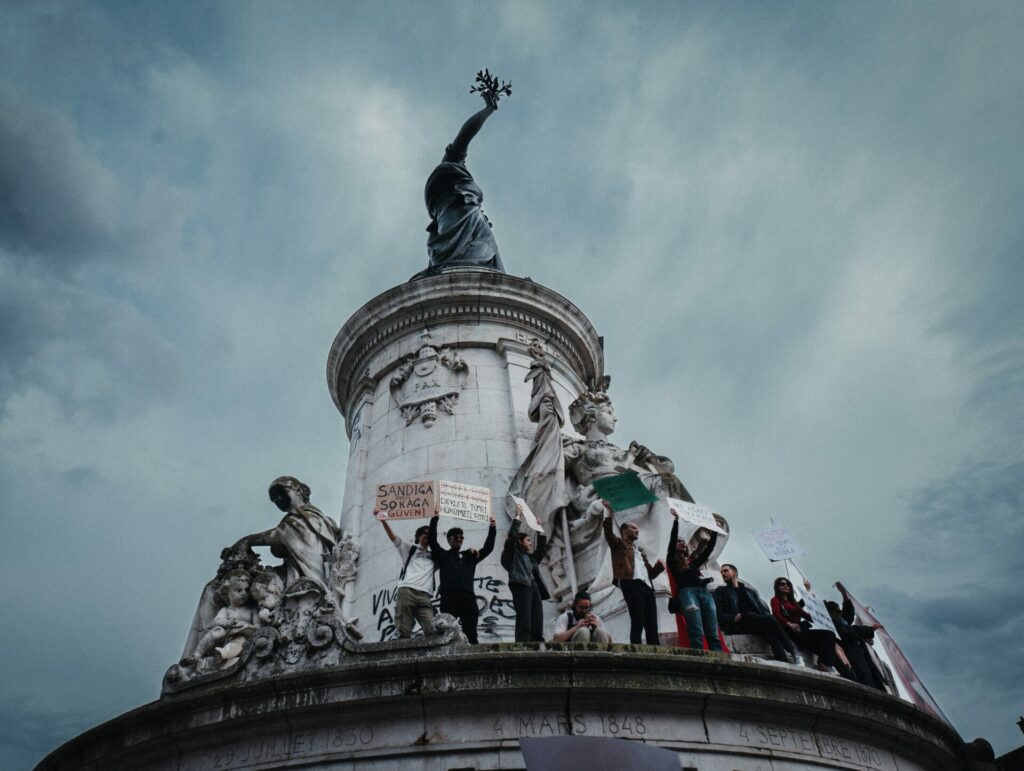Hope does not end when the lights go out, but when we become accustomed to living in darkness.
We have seen the clearest example of this in the recent events surrounding Istanbul’s Mayor Ekrem İmamoğlu, whose university diploma was revoked one day and who was detained by hundreds of police officers from his home the next, now awaiting trial with demands for imprisonment.
But the people of Istanbul, and indeed the whole of Turkey, rejected this unlawful action and exercised their right to protest. The government, surprised by the large crowds, attempted to suppress the demonstrations by imposing a ban on public marches. However, this restriction only doubled or tripled participation, transforming the protests into a fight for freedom that transcended short-term political circumstances.
Voices against the government are rising, especially in major cities and nearly all densely populated areas of Turkey. Instead of responding calmly, the authorities have resorted to tear gas, disproportionate police force, and portrayals by pro-government media that criminalize people exercising their constitutional rights. It remains to be seen whether the government's approach will soften or harden in the days ahead.
Yet one thing is certain: the harsher the government's response, the stronger people's faith in the movement has grown, as has their determination and participation. Turkey hasn't witnessed such sustained public dissent in a long time.
The recent government decisions seem to have awakened the population from a long sleep. People are once again gathering, expressing their concerns about their future more openly than ever before, demanding their rights.
Furthermore, the main opposition party is more active in the streets than ever, developing political strategies, including daily boycotts of firms closely tied to the government.
Could this process end in a more authoritarian regime? Maybe.
However, even in these seemingly hopeless times, people today feel far more hopeful than they did just a year or two ago. Despite their worries, they are significantly more optimistic about the future. This optimism stems from the collective unity against injustice and oppression, particularly among young people.
Ironically, this unity — which currently terrifies the government — is a problem created by the regime itself, as it imprisons İmamoğlu, whom it perceives as a threat, rather than adopting sustainable economic and judicial policies.
Around the world, there are voices rising against authoritarian regimes, sometimes softly and sometimes loudly. Many are deeply anxious and pessimistic due to the global rise of totalitarianism. Undoubtedly, current events are concerning, and perhaps greater challenges lie ahead. Yet, we must remember that hope doesn't fade when lights are turned off; it fades when we get used to living in darkness.
The government currently asks who Spartacus is — sometimes pointing at İmamoğlu, sometimes at university students, sometimes at journalists.
But the truth, everywhere, is this: I am Spartacus. We are Spartacus.


